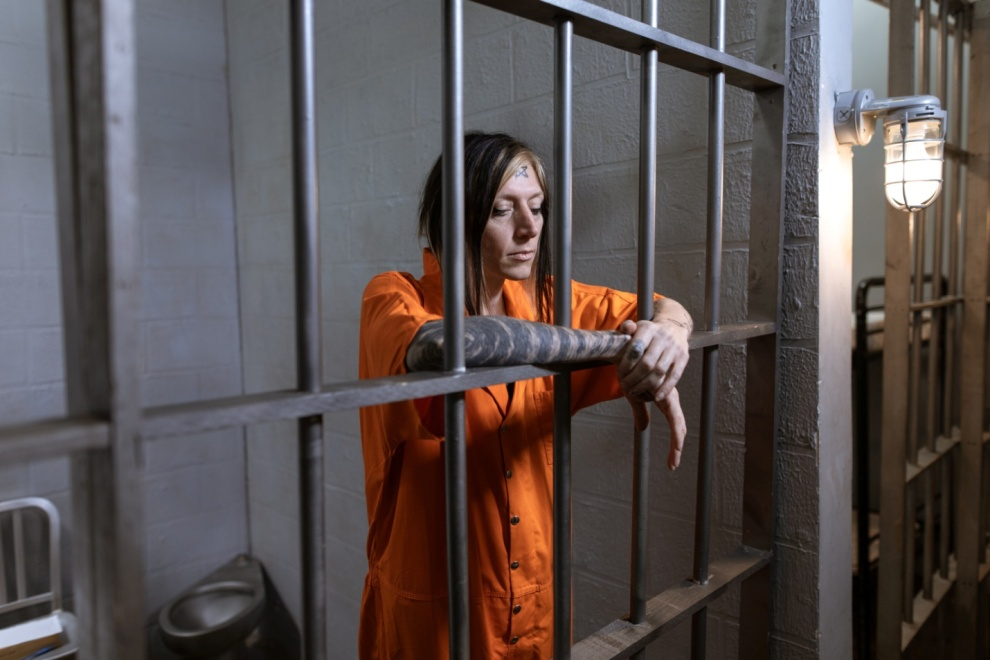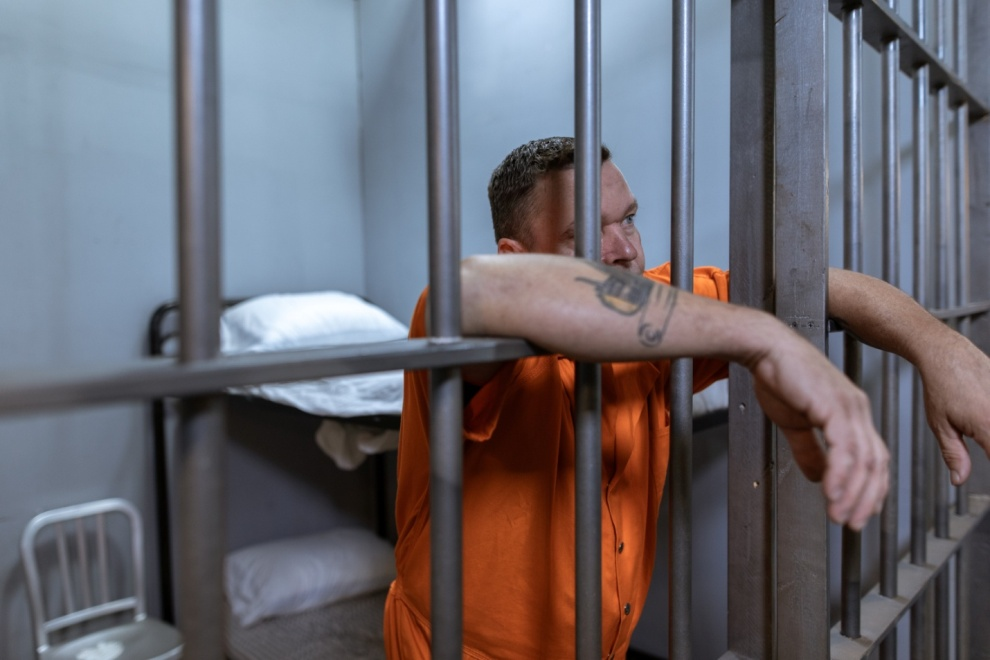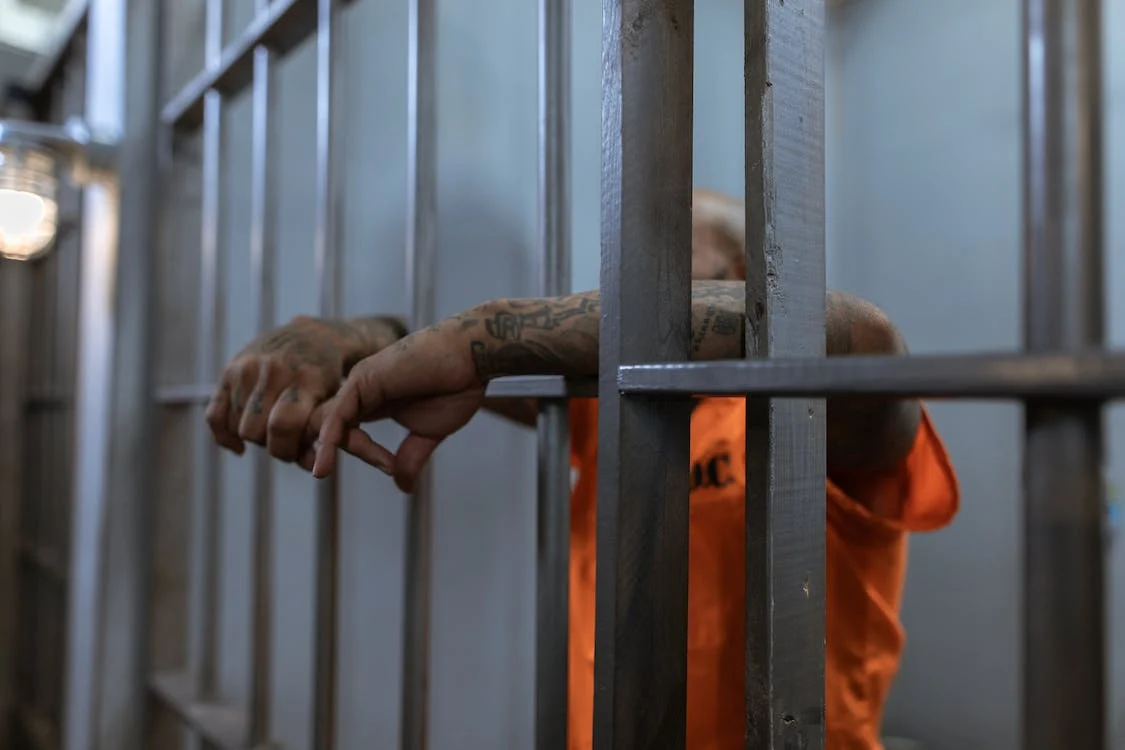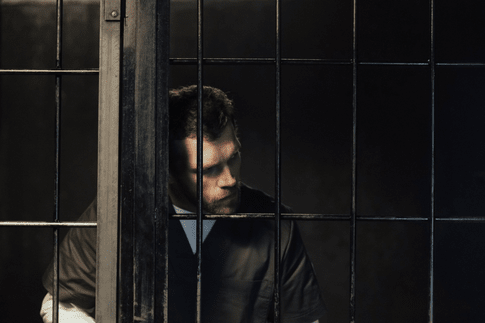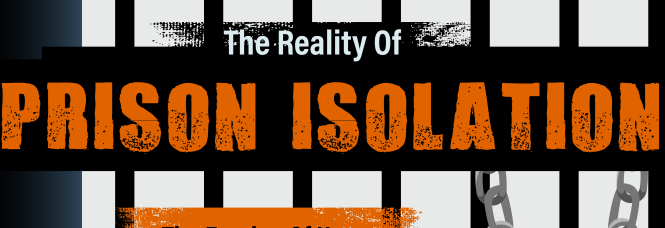In recent decades, the issue of mass incarceration has become a focal point in discussions about criminal justice reform. This phenomenon, characterized by the large-scale imprisonment of individuals, has far-reaching consequences for society.
By exploring the complexities of mass incarceration, we can better understand its impact on communities and the broader social fabric.
Understanding Mass Incarceration
Mass incarceration refers to the substantial increase in the number of individuals imprisoned within a given population. This surge in incarceration rates has been fueled by various factors, including harsher sentencing laws, the war on drugs, and the proliferation of for-profit prisons. As a result, the United States has the highest incarceration rate in the world, with millions of people behind bars.
The Social Costs
The ramifications of mass incarceration extend beyond the confines of prison walls. Communities grappling with high incarceration rates experience a range of social and economic challenges. Families are torn apart, as loved ones are separated for extended periods. Children of incarcerated parents are particularly vulnerable, facing higher risks of poverty, homelessness, and involvement in the criminal justice system themselves.
Economic Implications
Mass incarceration also imposes significant economic burdens on society. The costs of housing and caring for inmates strain government budgets, diverting funds from essential services such as education and healthcare. Moreover, the collateral consequences of incarceration, such as limited job prospects for ex-offenders, contribute to cycles of poverty and unemployment.
The Role of Bail Bond Services
In the context of mass incarceration, bail bond services play a contentious role. While bail allows individuals to await trial outside of jail, in some cases, it disproportionately affects low-income defendants who cannot afford to post bail. Consequently, pretrial detention rates soar, leading to overcrowded jails and exacerbating the issue of mass incarceration.

Case Study: Whitley County
Whitley County serves as a microcosm of the broader challenges associated with mass incarceration. Located in Indiana, this community struggles with high rates of incarceration, reflecting larger societal trends. The county’s reliance on bail bond services underscores the inequities embedded within the criminal justice system, highlighting the need for reform efforts at the local level.
By addressing the root causes of mass incarceration and promoting alternatives to incarceration, we can work towards a more just and equitable criminal justice system for all.
Secure Your Release Today with DeLaughter Bail Bonds
Are you or a loved one facing unexpected legal troubles in Whitley County? Don’t let the complexities of the legal system keep you detained any longer. DeLaughter Bail Bonds is your trusted ally in swiftly and efficiently securing your freedom. Our team of experienced professionals specializes in bail bond services tailored to your unique situation.
Get in touch with us today!







